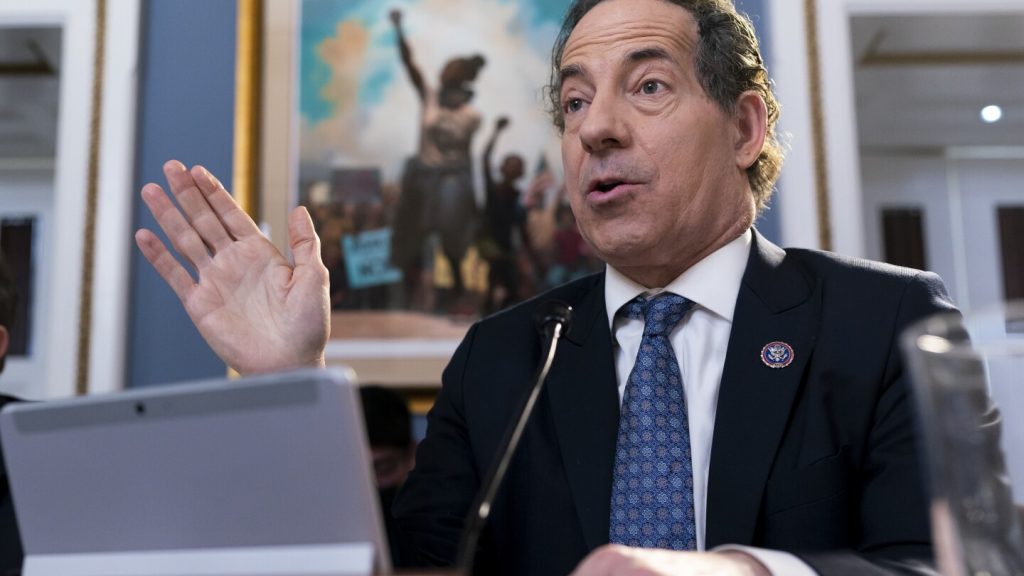The Democrats introduced legislation that would prohibit U.S. officials from accepting money, payments, or gifts from foreign governments without congressional consent. This proposal is in response to concerns raised during a probe into former President Donald Trump’s overseas business dealings. The legislation, led by Rep. Jamie Raskin and Sen. Richard Blumenthal, aims to enforce the Constitution’s ban on emoluments, which prohibits the president from accepting foreign gifts and money without Congress’ permission. Democrats accuse Trump of ignoring this clause during his presidency, alleging that foreign government officials frequented his hotels and properties. The lawmakers argue that such a law is necessary to prevent future presidents from exploiting the presidency for self-enrichment.
The legislation is facing an uphill battle in Congress, especially in the House, where Republicans hold the majority. However, Democrats believe that the reform is essential following an investigation by the House Oversight Committee staff, which revealed that Trump’s businesses received nearly $8 million from 20 foreign governments during his time in office. The report detailed how foreign governments, including China, Saudi Arabia, and the Democratic Republic of Congo, made payments to various Trump properties, such as the Trump International Hotels in Washington, Las Vegas, and New York. The largest total payment was reportedly from the Chinese government, while Saudi Arabia spent hundreds of thousands of dollars at Trump’s properties around the time of an arms deal with the Saudi government.
The report presented by Democrats provides what they claim is concrete evidence of improper activity by Trump during his presidency. In contrast, Republicans have tried unsuccessfully to accuse President Joe Biden of similar behavior as part of their impeachment inquiry. GOP lawmakers alleged that Biden and his family had benefits from their business dealings while he was vice president or out of office. However, they have not been able to produce evidence linking Biden directly to any improper activity. Government ethics lawyers criticized Trump’s decision to retain his business empire while in office, stating that it provided opportunities for individuals seeking to influence U.S. policy to gain favor with the president.
The legislation proposed by Democrats would specifically prohibit federal officeholders, including the president, vice president, members of the Cabinet, and members of Congress, from accepting payments from foreign governments while in office and for two years after leaving office without Congress’ approval. It would also expand to include money and gifts from royal families and state-controlled enterprises. To ensure oversight of conflicts of interest, federal officials would be required to disclose any foreign payments they receive in their annual ethics disclosure forms. Trump and his legal team have defended his business dealings, arguing that the emoluments clause was not intended to cover fair-value transactions between a business and its customers.
Overall, the Democrats’ legislation seeks to address concerns about potential conflicts of interest and improper foreign influence on U.S. officials. While the bill may face challenges in Congress, particularly with Republican opposition, Democrats argue that it is essential to uphold the Constitution’s ban on emoluments and prevent future presidents from using the presidency for personal gain. The ongoing debate over foreign payments to U.S. officials highlights the need for reforms to ensure transparency and accountability within the government.


